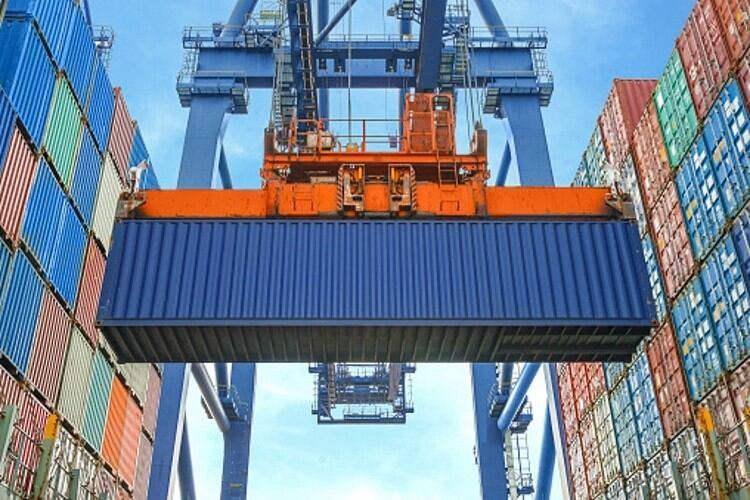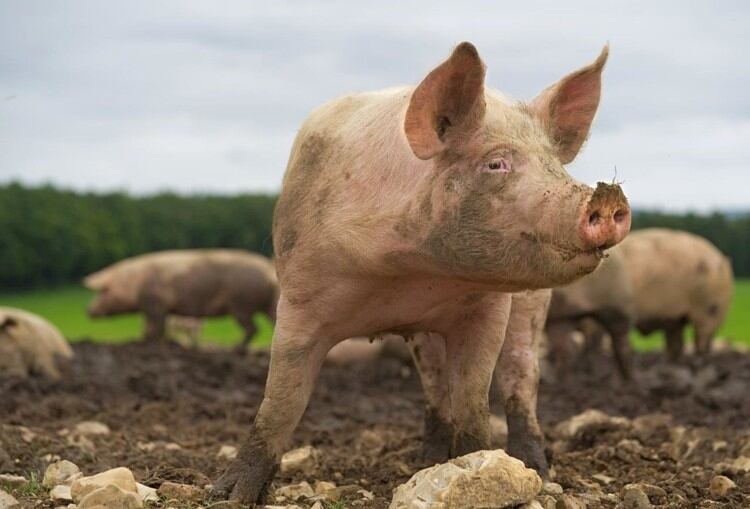Published by the Food and Drink Federation (FDF), The Food and Drink Industry Report 2020 looked at the growth opportunities and challenges for the sector in the year ahead.
Top of the agenda was the impact of UK exports, including the key markets that food and drink manufacturers should be setting their sights on.
Ireland remained the top market for UK exports, worth £20bn. However, the value fell 1.9% in the first half of 2019 for the first time since the first half of 2015. The FDF attributed this fall to weaker exports of cereals and flours and meat-based products.
Top five export markets
Despite the decline in exports to Ireland, the rest of the UK’s top five markets saw growth – France up 6.5% to £1.1bn, the US up 11% to £1.1bn, the Netherlands up 6.2% to £851.6m and Germany up 2.5% to £730.4m.
Exports to south-east Asian countries – Japan, Taiwan and South Korea – saw the largest growth. Exports to the Japanese market, in particular, have grown 85% over the last decade, boosted by spirits (£142.7m) and whisky in particular (£128m).
Japan and the US were just two of the top five markets that producers should keep an eye on in 2020, as well as India, China and the United Arab Emirates.
Santander UK head of food and drink sector Andrew Williams said: “Despite an uncertain UK economic environment and the continual need to invest in technology and innovation, huge opportunities remain to sell more great British food and drink – in particular overseas. It’s key that we identify how best to harness this growth potential and improve productivity.”
Automation
The report also looked at automation in food and drink manufacturing, an area that presented a potential £55.8bn value to the industry through the adoption of known digital technology over the next decade.
Despite the possible financial gain achievable though automation, the FDF found that most businesses struggled to engage with the opportunities available, even with known and well-used technology and engineering innovation. This reticence was linked to a shortage of time, resource and expertise.
On the topic of sustainable packaging, the report recognised the commitment of the FDF’s members toward reducing packaging waste and promoting a circular economy. It called on the Government to further engage with manufacturers to push for more sustainability and recognise the specificities of food and drink packaging, including the legal constraints on using recycled content.





